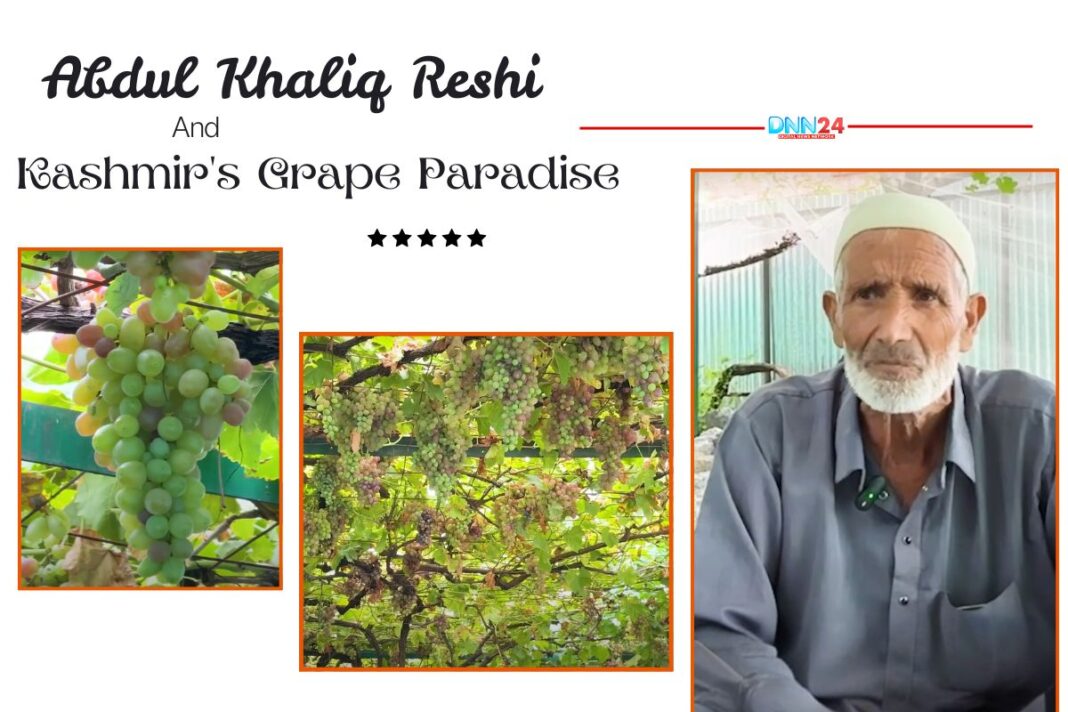Bilqis Zafirul Hasan was born on September 1, 1938, in Patna to a family where words mattered. Her father, a district judge, loved literature, but he had one strict rule for his daughter. No poetry. He told her plainly that writing verses was not suitable for her. The home was filled with languages. Urdu, Hindi, English, and Persian floated through the rooms like familiar guests. Books lined the shelves, and conversations often turned to literature. Yet Bilqis was expected to admire poetry from a distance, not create it herself.
anhoni kuchh zarur hui dil ke saath aaj
Bilqis Zafirul Hasan
nadaan tha magar ye diwana kabhi na tha
But some callings refuse to stay buried. She began writing anyway, quietly at first, using the pen name Bilqis Bano Rehmani. Her real name was Bilqis Parveen, and poetry chose her rather than the other way around. She once explained this pull in simple terms. The verses wrote themselves, she said. She was merely the hand that put them on paper. This was not rebellion in the loud sense. It was something more profound, a need that lived inside her bones.
har-dil-azeez wo bhi hai hum bhi hain khush-mizaaj
Bilqis Zafirul Hasan
ab kya bataen kaise hamari nahin bani
Her early poems explored the lives of women around her. She wrote about their sorrows, their small acts of courage, and the ways they managed to survive in a world that rarely noticed them. After marriage, she became Bilqis Zafirul Hasan and then fell silent for twenty years. Six children came into her life, and poetry had to wait.
dar badar ki khaak thi taqdeer mein
Bilqis Zafirul Hasan
hum liye kandhon pe ghar chalte rahe
The Fire That Refused to Die
When Bilqis returned to writing, she was already in her fifties. Most people would call that late, but for her it was exactly the right time. Her first collection came out in 1996. She called it “Geela Eendhan,” which translates to “damp firewood.” The title was not accidental. It spoke of something struggling to catch fire, something that needed patience and heat before it could ignite. Her second collection followed in 2004, titled “Sholon Ke Darmiyan,” or amidst the flames. Together, these books told a story. They showed a creative spirit that had smouldered quietly for years, waiting for its moment.
khud pe ye zulm gawara nahin hoga hum se
Bilqis Zafirul Hasan
hum to shoalon se na guzrenge na seeta samjhen
Her poetry carried the weight of lived experience. She had raised children, managed a household, and watched the world from the edges. All of this fed her work. She wrote about homeless people on Delhi streets, widows forgotten by society, and victims of communal violence. The Gujarat riots found their way into her verses, as did the suffering in Iraq. Her subjects were real, her compassion genuine.
apni to koi baat banae nahin bani
Bilqis Zafirul Hasan
kuchh hum na keh sake to kuchh usne nahin suni
What set her apart was her tone. Many poets writing about injustice used anger or sharp criticism. Bilqis chose a different path. Her voice remained calm, almost gentle, but it carried a quiet strength. She employed irony rather than rage, and her rebellion was conveyed through carefully crafted metaphors. Critics noticed this quality. They said she never shouted, yet her words hit harder because of it.
dahshat-zada zameen par vahshat bhare makan ye
Bilqis Zafirul Hasan
is shahr-e-be-amaan ka aakhir koi khuda hai
Love, Loss, and Literature
Bilqis married across sectarian lines at a time when such choices came with consequences. She was Shia, her husband Sunni. People talked, families frowned, but they built a life together anyway. Her husband became her first reader and closest companion. They shared a love for books that ran as deep as their love for each other. There was a story she liked to tell about their early days.
jin mein kho kar hum khud ko bhi bhool gaye hain
Bilqis Zafirul Hasan
kya hum ko bhi un aankhon ne dhoonda hoga
One evening, her husband brought home an Urdu translation of the Ramayana. While she worked in the kitchen, he sat nearby and read the chaupais aloud. This small scene captured their marriage perfectly. It was built on shared words, mutual respect, and a deep understanding of what mattered.
jaane kya kuchh hai aaj hone ko
Bilqis Zafirul Hasan
jee mera chahta hai rone ko
Then he died, earlier than either of them expected. The loss pushed her into years of solitude. She continued writing, but something had changed. Her work grew more introspective, more aware of absence and memory. She explored these themes in her plays and short stories. Her collection, “Weerane Aabaad Gharon Ke,” explored the strange emptiness that can exist within busy homes. Another collection, “Maange Ki Aag,” examined the cruelty hidden behind familiar domestic walls.
uth kar chale gaye to kabhi phir na aayenge
Bilqis Zafirul Hasan
phir laakh tum bulao sadaen diya karo
She belonged to a generation of women writers who had to create their own space. Literary platforms rarely welcomed them. Awards came slowly, if at all. Yet Bilqis persisted, building her reputation through quiet excellence rather than loud promotion.
hai yun ki kuchh to baghawat-sirisht hum bhi hain
Bilqis Zafirul Hasan
sitam bhi usne zarurat se kuchh zyada kiya
A Legacy Written in Gentle Ink
Recognition eventually arrived, although it never made her as famous as the male poets of her time. The Oxford India Anthology of Modern Urdu Literature included her work in 2008, giving her international visibility. Various Urdu Academies honoured her contributions. She joined the Progressive Writers’ Movement, aligning herself with poets and authors who believed literature should address social realities. But she did this in her own way, never abandoning her measured tone for political slogans.
meri tarah toote aaine mein usne bhi
Bilqis Zafirul Hasan
tukde tukde apne aap ko paaya hoga
What makes Bilqis Zafirul Hasan worth remembering today is not just her poetry but the path she took to create it. She was a homemaker who found her voice late, a mother who wrote between duties, a woman who turned personal pain into artistic expression. Her story reminds us that creativity does not follow schedules or respect timelines. It waits, sometimes for decades, until circumstances allow it to emerge.
kitne saada hain hum ki baithe hain
Bilqis Zafirul Hasan
daagh-e-dil aansuon se dhone ko
Her verses continue to matter because they speak to something universal. They tell us that age does not diminish talent, that duty need not destroy dreams, and that silence can be preparation rather than defeat. In a world that prizes youth and immediate success, her life offers a different model. She proved that the best work sometimes comes from those who have lived fully, suffered deeply, and still choose to create beauty from their experiences.
hum to begaane se khud ko bhi mile hain ‘Bilqis’
Bilqis Zafirul Hasan
kis tawaqqo pe kisi shakhs ko apna samjhen
Reading Bilqis Zafirul Hasan now feels like discovering a forgotten treasure, one that glows softly in the shadows of Urdu literature, asking only to be noticed.
Also Read: Saghar Siddiqui: Footpath Emperor Whose Poetry Echoed Pain and Love
You can connect with DNN24 on Facebook, Twitter, and Instagram and subscribe to our YouTube channel.



